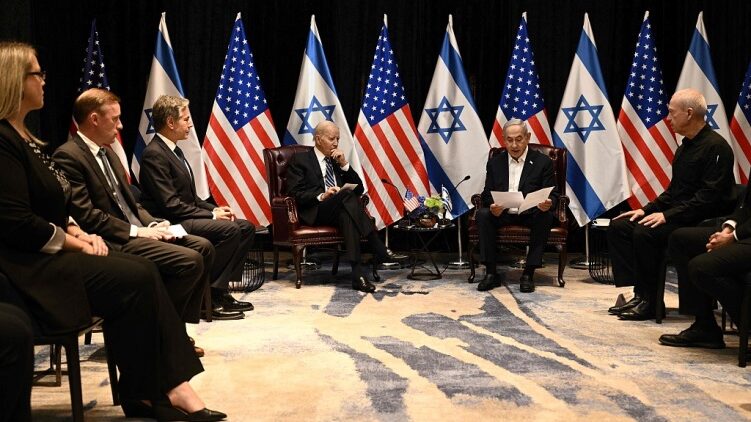U.S. Vice President J.D. Vance ignited controversy at the Munich Security Conference this week, drawing sharp criticism from European leaders after he accused European democracies of \"retreating from their values.\" His remarks, criticized as promoting far-right ideologies, have deepened transatlantic tensions. 🇪🇺🇺🇸
\"Free Speech\" or Far-Right Agenda? 🎤
Vance claimed European governments were sidelining voter concerns on migration and restricting free speech – claims European officials called \"baseless.\" German Chancellor Olaf Scholz and Defense Minister Boris Pistorius rejected his push for accommodating far-right parties, calling it \"interference\" in sovereign policies.
Behind the Rhetoric: A Push for Polarization? 🔍
Analysts suggest Vance\u2019s comments reflect a broader U.S. strategy to export political division. His focus on \"free speech\" aligns with efforts to legitimize conspiracy theories, echoing tactics seen during the Trump administration. Critics argue Europe\u2019s regulations on disinformation – unlike the U.S. – aim to protect stability, not suppress dissent.
Europe Pushes Back 🛑
European leaders emphasized their policies address real-world challenges like migration and inequality, not \"values retreats.\" As one diplomat quipped: \"Democracy isn\u2019t about letting extremists rewrite the rules.\"
The clash highlights growing friction as U.S. and European political landscapes diverge. Will this widen the Atlantic rift? Stay tuned. 📡
Reference(s):
cgtn.com



